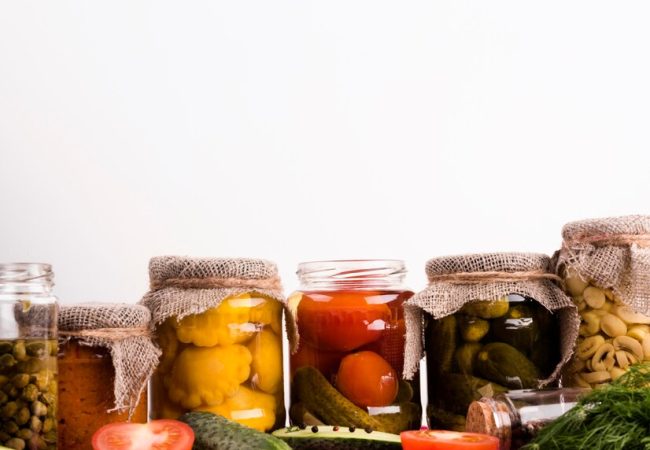
Fermented foods have been an integral part of Indian cuisine for centuries. These foods not only enhance the flavor of dishes but also provide numerous health benefits. In this blog post, we will explore the fascinating world of fermented foods in India, their cultural significance, and the various types that contribute to our vibrant culinary heritage.
Fermentation is a natural process in which microorganisms like bacteria, yeast, and fungi convert sugars and starches into acids, gases, or alcohol. This process not only preserves food but also enhances its nutritional value. Fermented foods are known to improve digestion, boost immunity, and promote gut health.
In India, fermentation is not just a culinary technique; it is a tradition steeped in history. Different regions of the country have their unique fermented delicacies that reflect local ingredients and flavors. From the tangy flavors of South Indian dosa to the robust taste of North Indian pickles, fermented foods are a staple in Indian households.
Idli and Dosa
Originating from South India, idli and dosa are popular breakfast items made from fermented rice and urad dal (black gram). The fermentation process gives these dishes their characteristic softness and tangy flavor.
Yogurt (Dahi)
A staple in many Indian households, yogurt is made by fermenting milk with specific bacterial cultures. It is not only consumed plain but also used in various dishes like raita, lassi, and curries.
Pickles (Achar)
Indian pickles are a blend of various vegetables and fruits, seasoned with spices and preserved in oil or vinegar. The fermentation process enhances their flavor and shelf life, making them an essential accompaniment to meals.
Kanji
A traditional North Indian drink, kanji is made from fermented black carrots and spices. This probiotic beverage is particularly popular during the summer months for its refreshing and digestive properties.
Nukku (Fermented Rice)
A lesser-known delicacy, nukku is made by fermenting rice and is often enjoyed as a breakfast dish in certain coastal regions of India.
The consumption of fermented foods is linked to several health benefits, including:
Fermented foods in India are more than just a culinary delight; they are a testament to the country’s rich cultural heritage and a source of numerous health benefits. As we continue to embrace traditional foods, let us not forget the importance of fermentation in our diets. By incorporating these delicious and nutritious foods into our meals, we can enjoy a taste of history while promoting better health.
Have you tried any fermented foods from India? Share your favorites in the comments below! Don’t forget to subscribe to our blog for more insights into Indian cuisine and culture.
Nutritionist Anshul
Typically replies within minutes
Any questions related to Weight Loss, Gut Health, Hormonal Health, Diabetes?
WhatsApp Us
🟢 Online
WhatsApp us